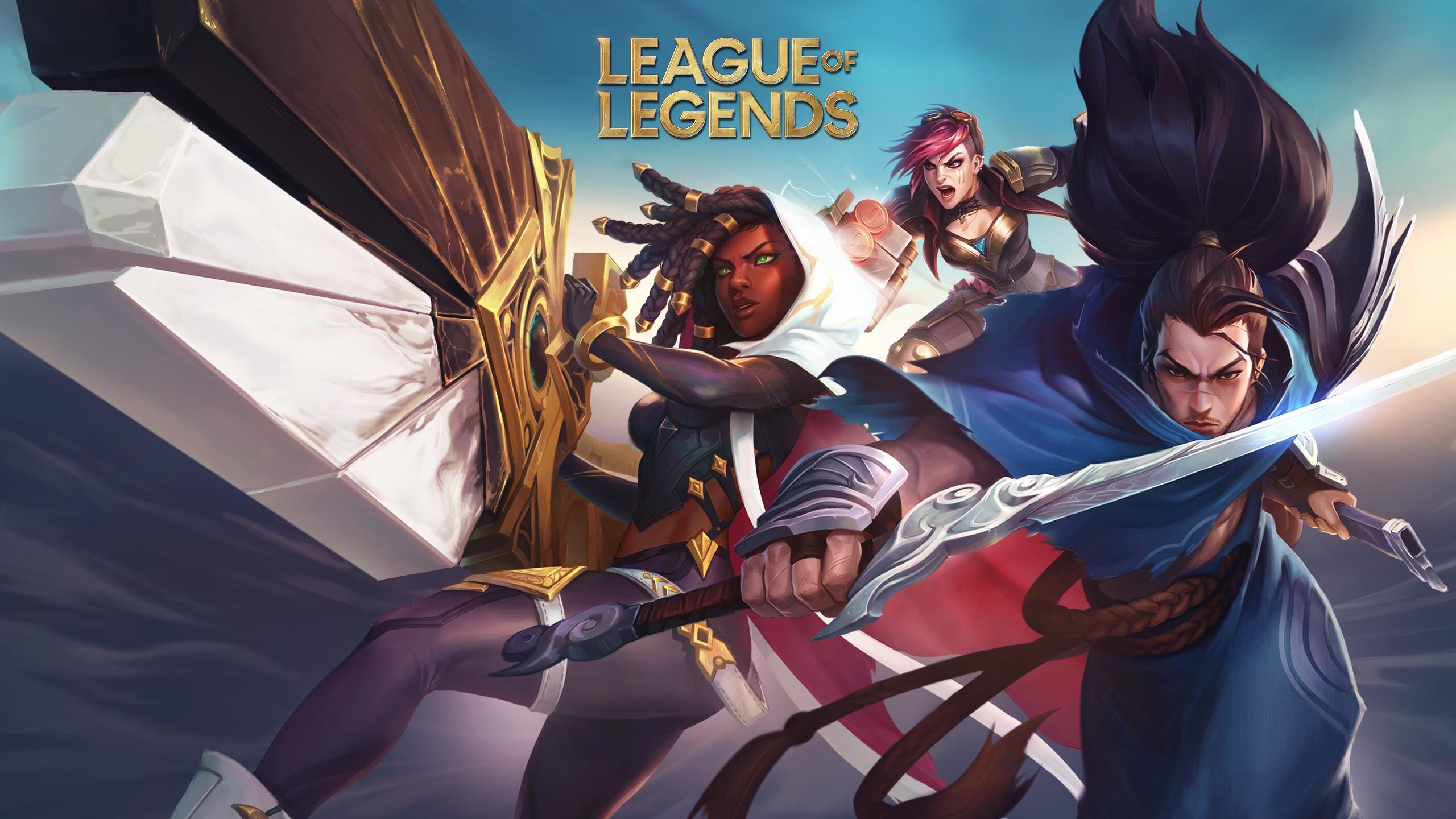
Introduction
League of Legends is a multiplayer online battle arena where 2 teams of 5 will duke it out to destroy the enemies base first. It was developed by Riot Games in 2009, inspired by DOTA 2. I’ve been an avid league player for the last 10 or so years. It’s a game I can always find a way to come back to because of its deep strategy and interesting emergent gameplay, born out of the constant new decisions that are made every game. It inspires fun through the feeling of outwitting your opponent and conquering their base. When thinking about the games balance, however, its been anything but a smooth ride.
What’s To Balance
In each team of 5 players, each player will have 1 of 5 roles: attack damage carry (ADC), support, mid laner, jungler, or top laner. The games balance is shaped around a couple of different aspects. First, at the macro level, does it feel like there are ways for teams that are behind to come back? Are the objectives on the map fair and viable or do they punish or reward players too much once they’re acquired? Are the objectives as difficult to obtain relative to the amount of reward they provide? On the other hand, there’s the micro balancing: Are certains champions abilities too impactful or not impactful enough? Are certain items too strong or weak relative to their cost? Given a champions desired or emergent role in the game, do their abilities allow them to do that job well enough and are they competitive relative to the other champions that are in that role.
Balancing
I’d argue that League of Legends does a good job of balancing the game. First and foremost, they release a new patch every 2 weeks, meaning they constantly take the opportunity to tweak something if the player base complains or if they notice its being overplayed. On a champion level, relative to whatever position you’re playing, almost any champion is truly viable so long as you take the time and skill to master the core strategic mechanics of the game. Although the individual abilities a champion has play a significant role, in the end the fundamentals of the game are what separate good from great players. This tips the balance away from “is the champions number too high” to “are you focusing on doing what you should be doing” which is much more fair for players. Every role in the game also feels equally impactful: although every role isn’t in charge of killing the other players, every single one is necessary whether that be to help your killers get to a point where they’re significant or help your team claim objectives that would cause the other team to be too powerful. At a macro level, they constantly tweak all the objectives, switching them from “this just makes it so you have a bigger stick than your opponent and you can now kill them easily” to “you have a strategic advantage, but you still need to know how to use it given the team composition you have”. Finally, they balance the game well through making team composition a significant factor. Although a champion may be strong, in the end that individual champion doesn’t matter if the rest of the team doesn’t play a significant role in the game.


